Defeat in the Aston by-election in Melbourne this month was a bitter blow for the Liberals.
Victorian party leader, John Pesutto, said: ‘If we are to restore our standing … we have to demonstrate that we are committed to being an inclusive, welcoming and engaging party.’
He could have said that ‘to restore our standing, we have to demonstrate clear policy directions, something we have done badly in recent years’.
And added that ‘on energy policy, I am partly to blame, having failed at the November 2022 state election to differentiate the Liberals from Labor, the Teals, or the Greens’.
But he did not...
Already a subscriber? Log in
Subscribe for just $2 a week
Try a month of The Spectator Australia absolutely free and without commitment. Not only that but – if you choose to continue – you’ll pay just $2 a week for your first year.
- Unlimited access to spectator.com.au and app
- The weekly edition on the Spectator Australia app
- Spectator podcasts and newsletters
- Full access to spectator.co.uk

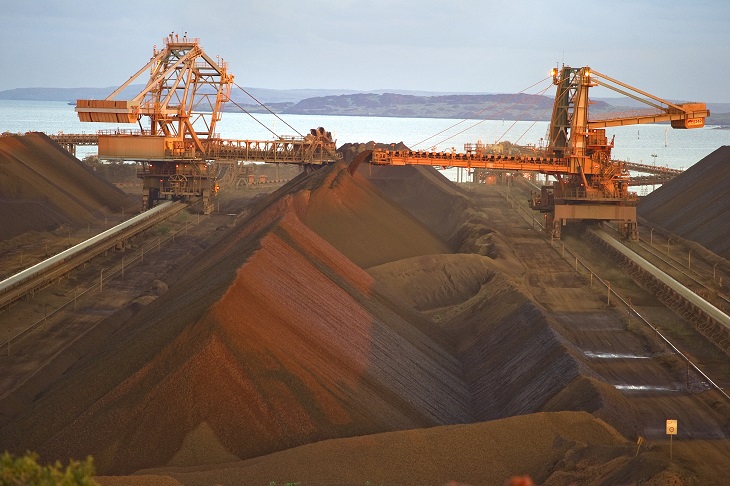
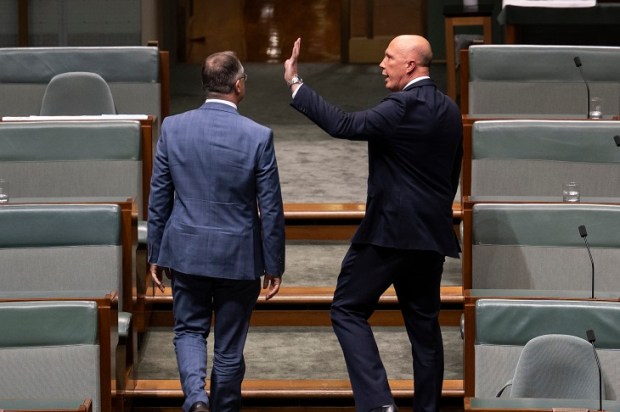
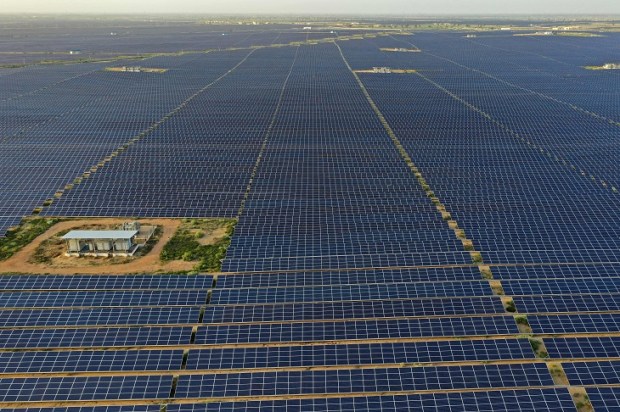
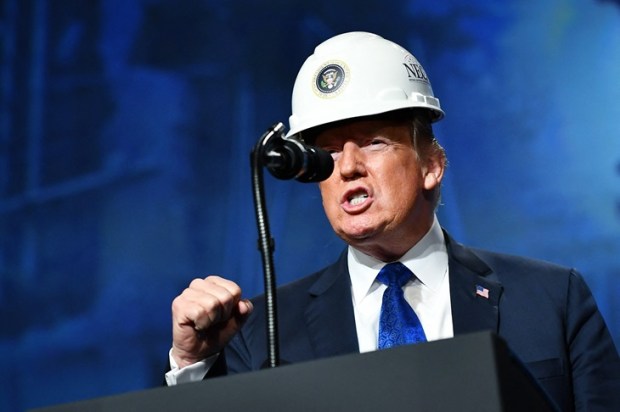
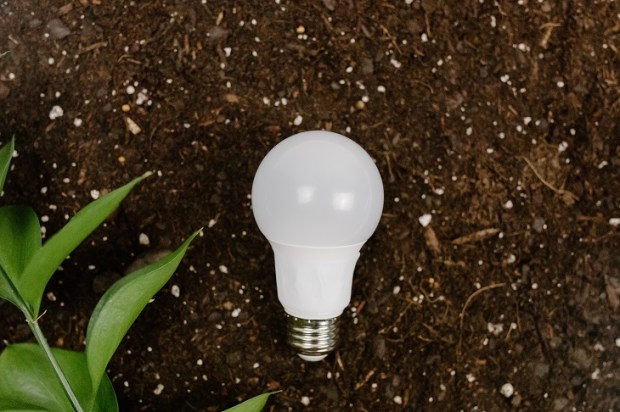

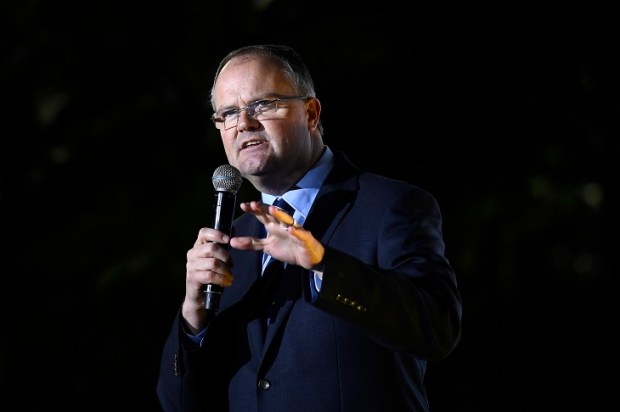


















Comments
Don't miss out
Join the conversation with other Spectator Australia readers. Subscribe to leave a comment.
SUBSCRIBEAlready a subscriber? Log in